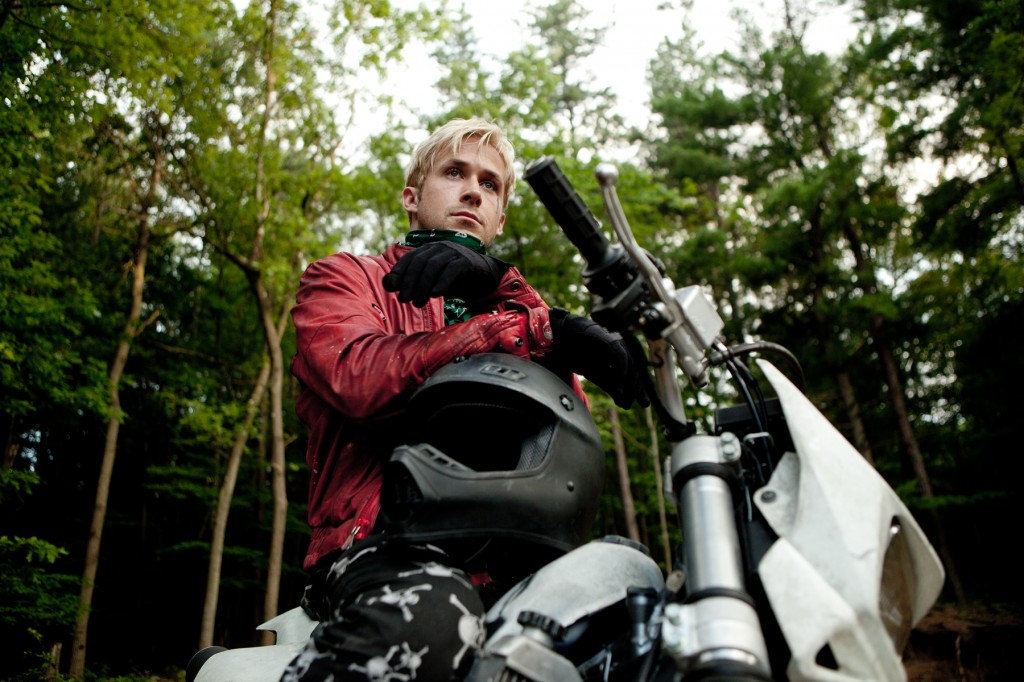Culture
Cianfrance’s latest solid as “Pines”

The Place Beyond the Pines
dir. Derek Cianfrance
Release Date: Apr 05, 13
- 1
- 2
- 3
- 4
- 5
- 6
- 7
- 8
- 9
- 10
My father shattered his leg in three places in order to save me. True story: One dark, rainy night, I slipped down the three small steps that lead to our home, and he lunged forward and caught me. He’s never been able to jog since. This doesn’t necessarily answer the question, but it provides some context: How far would a father go to provide for his family?
Blue Valentine director Derek Cianfrance attempts to answer that with his latest sobfest, The Place Beyond the Pines. Over three stories, which involve A-list talent like Ryan Gosling, Bradley Cooper and Dane DeHaan, Cianfrance studies the undying bond between a father and his son. It’s about corruption, it’s about guilt, it’s about consequences, it’s about commitments. Like one of Hemingway’s short stories, it’s all simple on paper, but complex in hindsight. Cianfrance orchestrates a startling web of cause and effect that’s only obvious in parts. The echoes come later, after you’re walking away or thinking, Damn, I gotta call my pops.
What really works about Pines is the line of tension that Cianfrance creates from the first frame. He drops subtle hints at what to expect, but the pace is so natural, unfolding over time with ease and style. Exposition comes in small quantities and characterization is all show and no tell, which in turn becomes the film’s sharp hook. There’s also a great scope at hand here. Similar to Blue Valentine, Cianfrance enjoys a “big story” and this one’s told over a couple of decades, which sounds ambitious, but again, it’s quite natural to the storyline. Yes, there’s that word again, “natural,” though that’s probably the best way to describe this film.
Much credit goes to the film’s principal and supporting actors. Outside the tattooed, bleach-blonde heartthrob, Cooper submits a heartbreaking performance post-Silver Linings Playbook, Ben Mendelsohn attends the School of John Hawkes and passes with flying colors, and DeHaan remains Hollywood’s greatest get (use him well, Marc Webb). Pines is also gripping in its stark realism. When Gosling turns to bank robberies in desperation, we see and feel that emotional turmoil. His first attempt shakes with anxiety, and Cianfrance capitalizes on our nerves with rocky cuts and nauseating camerawork. A rugged shootout later on should urge audiences to rip the nails right off their fingers.
So, it’s a pretty dark, dreary film and anyone who’s seen Blue Valentine should come into Pines with those expectations. It’s unforgiving, but that’s also one of its finest hallmarks, and something audiences today have come to appreciate. We like our heroes in therapy, we relate to the addicts with no sign of progressing, and our stars need to bleed to register applause. All of that’s fine as long as there’s some reward. Where Blue Valentine and The Place Beyond the Pines differ is in its conclusions. Love cracks and fumbles, and it’s sad and we’re always going to sob over it, but a father’s bond, no matter the character, is one that’s stronger than oak in Cianfrance’s eyes–and that’s one hell of a positive outlook.
Perhaps he’s right; after all, my father regrets nothing.